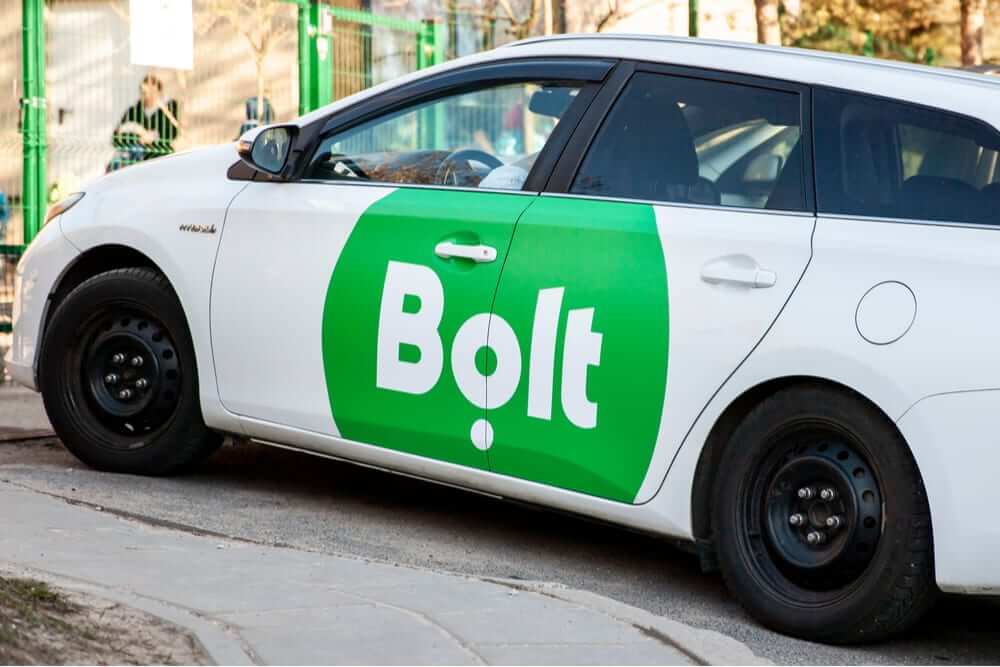
Bolt, a leading ride-hailing platform, has recently taken decisive action against a surge of fake ride requests affecting drivers in Nigeria and South Africa. The company blocked an undisclosed number of accounts after a trend emerged on social media where users would request rides in either Nigeria or South Africa, only to cancel them immediately after a driver accepted. This has left many drivers frustrated, particularly those who wasted time and fuel traveling long distances for non-existent rides.
The situation came to light after several users on X (formerly Twitter) shared screenshots of the trend, which seems to be driven primarily by internet trolling rather than any monetary or malicious intent. One driver based in Cape Town reported driving nearly 50 kilometers to Stellenbosch for a customer, only to discover the request was fake, costing him significant fuel expenses with no compensation from Bolt.
“We understand the impact this situation has had on our driver-partners in Nigeria and South Africa. We are committed to ensuring a safe, reliable, and secure experience for all members of our community,” stated Yahaya Mohammed, Bolt’s Country Manager for Nigeria. The company has also introduced restrictions on intercountry ride requests, a measure aimed at curbing this trend.
The rise in fake ride requests has caused concern among Bolt’s driver community, leading some drivers to refuse long-distance requests until the company finds a more permanent solution. The issue of non-reimbursed fuel costs for canceled rides remains a sore point for drivers who rely on the platform for their livelihood.
As Bolt continues to address this challenge, the company has reiterated its commitment to maintaining the integrity of its platform and ensuring that both drivers and passengers can rely on a secure and trustworthy service. The broader implications of this trend highlight the potential vulnerabilities in ride-hailing platforms, where internet trends can disrupt real-world operations, causing financial and emotional strain for those involved.
This incident also underscores the need for continued vigilance and adaptation by tech companies to safeguard their communities against emerging threats, whether from online pranks or more serious security concerns. For now, Bolt’s driver-partners in Nigeria and South Africa will be hoping that these measures will restore normalcy and protect them from further disruptions.
